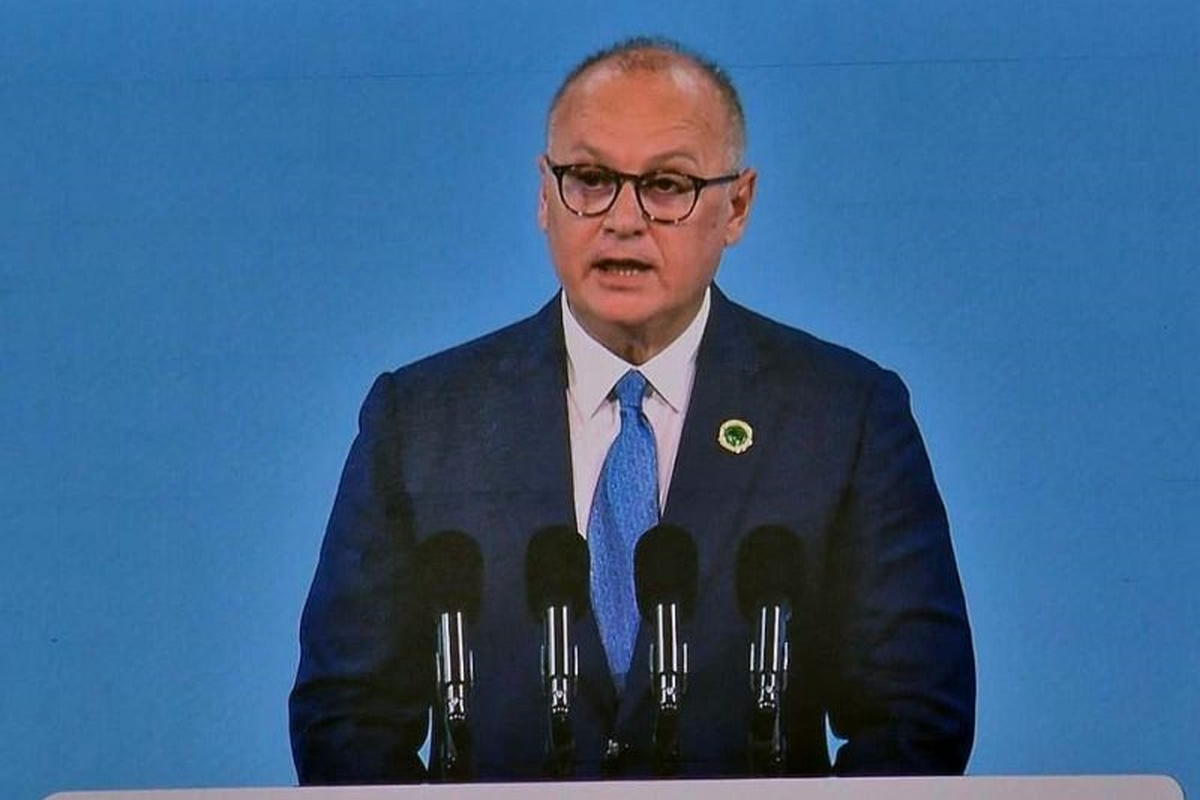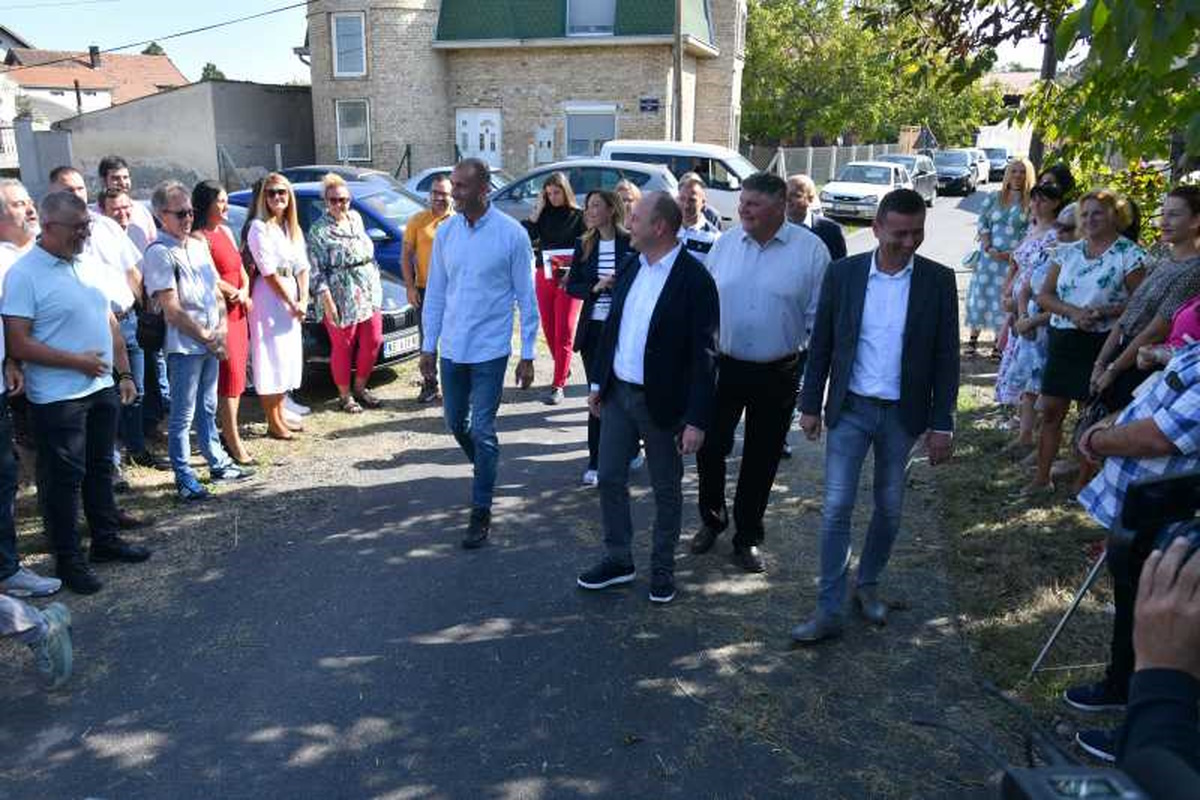At the Global Forum on Sustainable Transport in Beijing, the Minister of Construction, Transport and Infrastructure thanked the Government of China for cooperation in the field of infrastructure and among the projects that are currently being implemented, he singled out the “Clean Serbia” project.
The Minister of Construction, Transport and Infrastructure in the Government of the Republic of Serbia, Goran Vesić, stated that the strategic goal of the Government of Serbia is full membership in the EU, but that our country will continue to nurture fruitful political and economic cooperation with traditional friends, including China.
Vesić, in his address at the Global Forum on Sustainable Transport in Beijing, expressed his gratitude for the exceptional cooperation that Serbia has with China in the field of infrastructure, as well as for supporting the sovereignty and territorial integrity of Serbia.
He pointed out that the international cooperation between our two countries is currently at a historic level, thanks to the steely friendship that the President of Serbia, Aleksandar Vučić, and the President of China, Xi Jinping, are building.
Speaking about numerous infrastructure projects in the field of traffic infrastructure, Minister Vesić highlighted the “Clean Serbia” sewage infrastructure construction project.
“Together with our Chinese partners, the “Clean Serbia” project is being implemented, the value of which is 3.5 billion euros, and within which 2.3 million people in Serbia will receive sewage,” said the minister.







